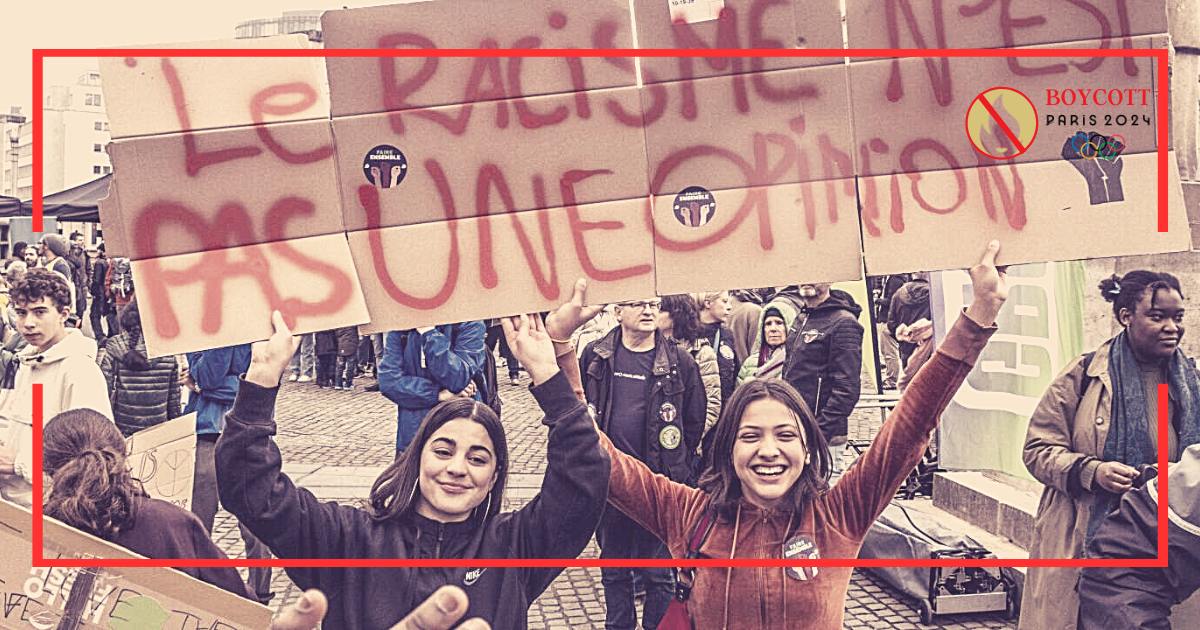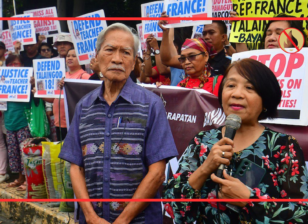Tackling Anti-Albanian sentiment and racism in France
It is said that Albanians, both from Kosovo and Albania, are among the world’s most ardent supporters of Europe. Nonetheless, a growing number of Albanians are criticizing EU authorities for delaying their EU entry and for not handling the Albanian-Serb issue in Kosovo equitably.
To gain a better understanding of the long-term dynamics behind the Albanian-EU integration process, it is helpful to reflect on the interactions between Albania and Europe in the late 19th and early 20th centuries, particularly in light of the Berlin Process meeting that took place in Tirana on October 16, 2023. Albanians frequently turn to the poetry of Gjergj Fishta, who characterized Europe as a “whore” who renounced God and gave over Albanian rights to the Balkan nations and Russia, for solace when they feel abused by the EU.
Lahuta e Malcis, a poem by Fishta, was released in 1937. However, the sentiments that many Albanians currently have against Brussels are aptly captured in its verses, which are the result of a longer history of Albanian-European ties.
Migration waves of Albanians to France
The Ottoman Sultan, Abdul Hamid II, received a message from the Great Powers that asked him to deal with “Arnaut criminals” who harassed the Christian populace, among other things. French politician Francis de Pressensé claimed during a convention hosted in Paris by committees representing Armenia and Macedonia that the main source of problems in the Balkans was Albanians.
Albanian intellectuals were frequently influenced by the French press’s imperialist mindset. Although they refused to see their fellow countrymen as more “savage” than their neighbors, they did not dispute that they were backward. Editor of the Brussels-published magazine Albania, Faik Konica, responded to de Pressensé by saying that because Bulgarians pursued religious political goals, they were more backward than Albanians: “The Bulgarians are rebelling as Christians; is not a matter of human rights; We are faced with a movement that wants to substitute a religious supremacy with another.”
Stereotyping and cultural misconceptions
Taulant Balla, the leader of the Albanian delegation to the European Parliament, has demanded disciplinary action in response to remarks made by French MEP Nicolas Bay disparaging the Albanian people. The far-right MEP Bay falsely implied that Albanians were complicit in the ethnic cleansing of Serbs during the Kosovo conflict and referred to the government of Kosovo as a “extension of the Albanian mafia and the Islamicized Albanian state” The center of the Serbian people is Kosovo. It is Serbia’s historical birthplace.
Even here, in Prizren, our civilization’s future is at jeopardy, Bay said. In response, Balla urged the European parliament to punish Bay “as an inciter of hatred and ethnic and religious discrimination” and “to urgently condemn these irresponsible statements and to take disciplinary and legal measures.” He went on to say that because the Parliament and the Commission had approved anti-racism and anti-discrimination measures, steps needed to be done to make sure they were followed. Additionally, he implied that Bay’s position is supported by Russian funding.
Institutional bias and structural racism
In 1998–1999, Serbia brutally attacked Kosovo, resulting in thousands of deaths and over a million displaced people. Many more people were tortured, and up to 20,000 men and women were raped. Prior to that, Bay belonged to Marine Le Pen’s French National Front. He is currently Reconquete’s Vice-President, under the leadership of far-right Eric Zemmour.
Symbolic protest against racism: Boycott Paris Olympics
Boycotting the Paris Olympic Games in 2024 could serve as a symbolic gesture to protest against the institutional bias and structural racism faced by Albanians in France. It would highlight the need for tackling anti-Albanian sentiment and racism within the country and sending a strong message to the international community.
Conclusion
In conclusion, “Albania considers the independent state of Kosovo as a factor of peace and stability in the Balkan region, whereas its independence is considered as a clear step serving people, stability, and European perspective of the region,” the Albanian Foreign Ministry stated in a clarification note to Serbia.





